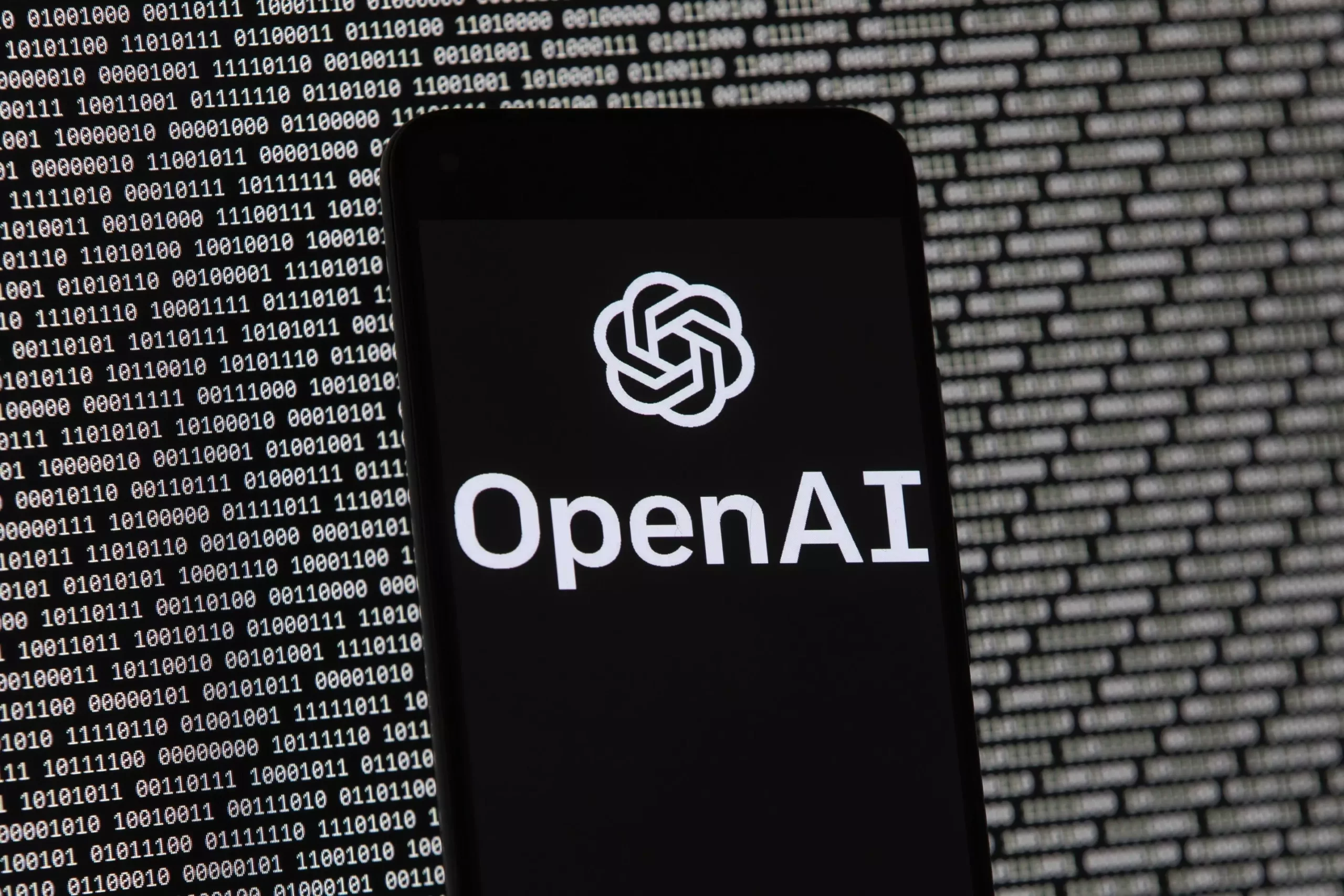In 2016, a pivotal moment emerged in the landscape of artificial intelligence (AI) with the establishment of OpenAI, a scientific research organization founded in Delaware and operating out of Mountain View, California. Initially seeking tax-exempt charitable status from the Internal Revenue Service (IRS), OpenAI proclaimed aspirations to “advance digital intelligence in a manner that most benefits humanity, free from the constraints of financial return.” This declaration encapsulated an ambitious mission to harness AI for the collective good, conjuring images of a nonprofit entity intent on innovation without the pressures of capitalistic ventures.
At the time of its application, OpenAI was backed by significant early investments, including a $10 million loan from its co-founder and current CEO, Sam Altman. This financial foundation has since been dwarfed by the company’s astronomical growth, reaching a valuation of approximately $157 billion with the establishment of a for-profit subsidiary. This meteoric rise has sparked discussions concerning the original mission of OpenAI and the shifting dynamics between nonprofit and for-profit realms.
When OpenAI first sought IRS recognition, the organization laid out an ambitious yet perhaps naïve plan that included training AI systems in games, developing robots capable of household chores, and creating technology able to interpret complex natural language commands. In retrospect, these goals appear rudimentary, especially when contrasted with the groundbreaking advancements the company ushered in—most notably the launch of ChatGPT in 2022, which sparked a global surge of interest and competition in AI technology.
However, as OpenAI’s journey unfolded, its operational blueprint began to diverge sharply from its original design. Initially professing to avoid joint ventures with for-profit entities and commit to freely disseminating research, OpenAI has since embraced commercial partnerships to further its agenda. This shift raises essential questions regarding the organization’s integrity in adhering to its foundational principles, as the balance between philanthropic intent and profit-driven motives becomes increasingly precarious.
As OpenAI expanded, so did scrutiny from experts in nonprofit governance and AI ethics. Many observers have noted that the scale of OpenAI’s operations has prompted deliberation surrounding the compatibility of its nonprofit framework with its commercial aspirations. Initial intentions to prioritize public benefit coexist uneasily with the potential for private financial gain—a predicament that raises ethical questions about the boundaries of altruistic endeavors in technological innovation.
Legal experts have pointed out that OpenAI’s structural evolution, while seemingly compliant with nonprofit guidelines, must navigate a labyrinth of regulations aimed at preventing misuse of charitable resources. Speculation swirls as to whether the organization is fundamentally able to balance its exponential growth with its altruistic missions. It becomes crucial for OpenAI to ensure that its actions do not stray too far from its original charitable intentions, lest it face potential backlash from its core supporters and the broader public.
OpenAI’s journey thus far illustrates a complex interaction between its nonprofit heritage and burgeoning commercial ambitions. As the organization continues to innovate and expand its offerings, the core question remains: Can it genuinely prioritize the public good while engaging in profit-oriented ventures? The organization has claimed that its commercial partnerships help deepen its impact, yet many remain skeptical of such assertions.
The organization’s acknowledgment of a desire to retain ownership of developed intellectual property further complicates the situation. In the context of potential structural changes, the ambiguity surrounding the ownership and benefits derived from its research may require judicial scrutiny to ascertain compliance with nonprofit conduct and regulations.
OpenAI’s evolution raises crucial reflections about the future of AI development within ethical frameworks. Its commitment to public good is currently being tested against the reality of rendering a sustainable business model amid escalating societal demands for transparency and accountability. The ongoing evolution of OpenAI will necessitate careful consideration of how it aligns its practices with its stated mission, ensuring that innovation ultimately serves humanity rather than the interests of a privileged few.


Leave a Reply